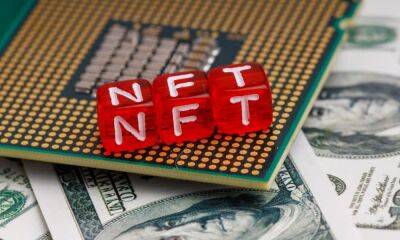Korea's 'poop-coin' project got flushed in February, inventor reveals
The South Korean government has put the lid on a science program that created toilets designed to turn human waste into electricity, heat, and digital currency.
The Science Walden project was revealed in July 2021 to the amusement of the crypto community and the wider public alike — introducing the “BeeVi” toilet which turned human excrement into methane gas and rewarded its “depositors” with a digital currency called Ggool.
Speaking to Cointelegraph, Science Walden lead, and Professor Cho Jae-weon however revealed that in February this year, further development of the BeeVi toilet and its associated Feces Standard Money (FSM) digital currency has “unfortunately” halted after the scheduled end of the project’s five years of funding.
Professor Cho noted that there are still a few BeeVi toilets inside the campus at its Science Cabin at the Ulsan National Institute of Science and Technology campus, but that stands as the only place such a toilet exists now.
Since its invention, BeeVi users have been relieved to earn the Ggool digital currency, a transliteration of the Korean word for honey, and tokens for providing energy to the university. The currency could be used to buy goods on campuses such as coffee and snacks, but the marketplace has not been active for nearly all of 2022 so far.
South Korean professor Cho Jae-weon invented a toilet that turns poop into energy and pays people in digital currency.A person defecates~ 500g/day converted into 50 liters of methane gas which generates 0.5 kWh.Toilet users earn Ggool, a literal sh3t coin. pic.twitter.com/DCn3WteII5
Professor Cho explained to Cointelegraph that both his toilet and FSM system could've been a spark for significant positive change in society if given a chance. He
Read more on cointelegraph.com





















